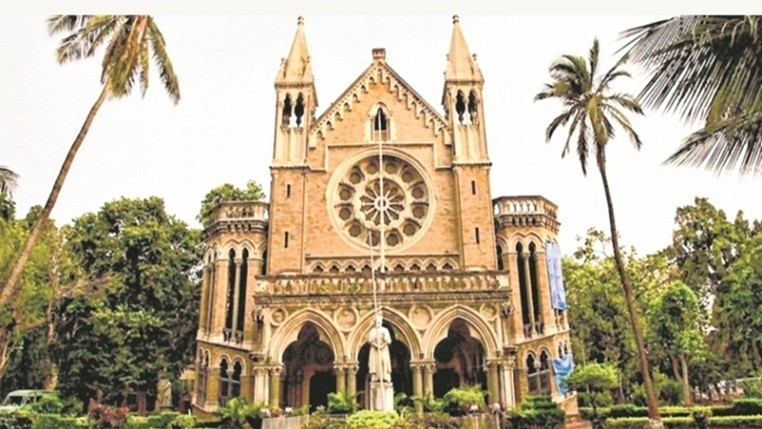Mumbai: In a major step to boost radiation research, a cutting-edge Gamma Irradiation Chamber (GIC) 5000, Cobalt-60, has recently been inaugurated at the Department of Biophysics of Mumbai University.
The facility is expected to open significant opportunities for researchers across fields such as healthcare, food processing, material science, radiation chemistry, and even space exploration.
Speaking at the event, Professor Varsha Kelkar-Mane, Head of the Department of Biophysics, emphasised that the new facility will not only enhance the university’s research capabilities but also serve as a vital resource for academic institutions nationwide.
Experts from the field of radiobiology also shared insights on radiation safety, therapeutic uses, and advanced research applications. Dr B.N. Pandey, Head of the Radiation Cancer Biology Section at Bhabha Atomic Research Centre (BARC), detailed the role of radiobiology and radiation protection, emphasizing their applications in healthcare, particularly in cancer treatment and safety practices.
He highlighted the advancements in low-dose radiation effects, biomarkers for cancer diagnosis and prognosis, targeted nanoformulations for enhanced radiotherapy, and mechanisms of radionuclide-induced toxicity and carcinogenesis. Dr Pandey also addressed the effects of natural radiation exposure on astronauts, frequent flyers, and pilots.
Dr B.S. Rao, a veteran with four decades of experience in radiation biophysics, provided practical insights into safety frameworks and dosage optimisation in nuclear medicine, radiotherapy, and diagnostics. He highlighted the ALARA (As Low As Reasonably Achievable) principle and its critical role in minimising radiation exposure during medical procedures.
He also shed light on regulatory frameworks, safe practices in radiotherapy, nuclear medicine, and radiodiagnostics, as well as considerations for pregnant patients, waste management, and emergency protocols.
Professor Kelkar-Mane announced further plans to host a series of workshops and seminars to further promote radiation research and address misconceptions about its applications. She expressed the department’s commitment to ensuring that radiation technology is utilised for human welfare and to encouraging innovation in the field.
The attendees of the inauguration program included Padma Shri awardee Dr. Sharad Kale, former head of the Technology Transfer Division at BARC, MU’s Vice-Chancellor Professor Ravindra Kulkarni and Pro Vice-Chancellor Dr Ajay Bhamre, and Department of Biophysics faculty member Professor Mayank Wahiya among others.
